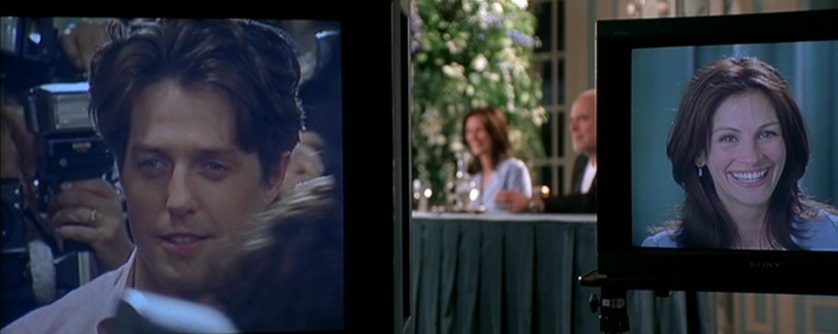
Films / Polygram Filmed Entertainment
 |
| Photo © 1999 Universal Pictures / Working Title Films / Polygram Filmed Entertainment |
| Golden Globe Nominations: | |
| Best Picture (Musical/Comedy) | |
| Best Actress (Musical/Comedy): Julia Roberts | |
| Best Actor (Musical/Comedy): Hugh Grant | |
| Permalink | Home | 1999 | ABC |